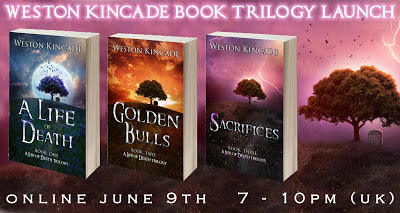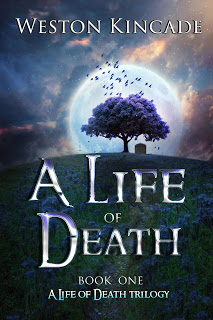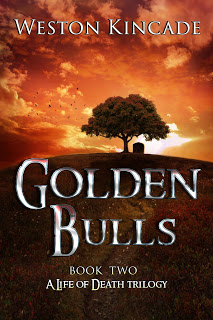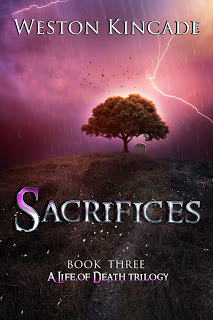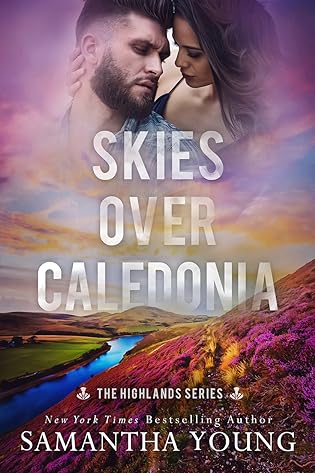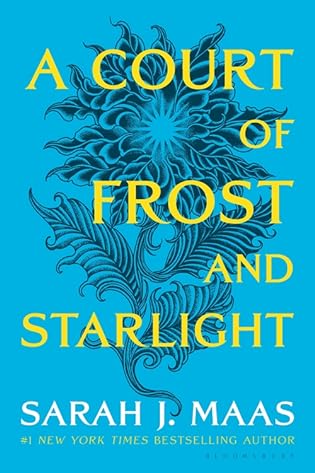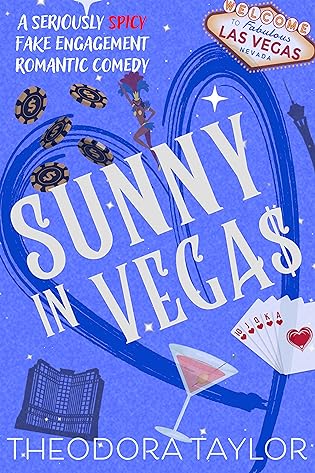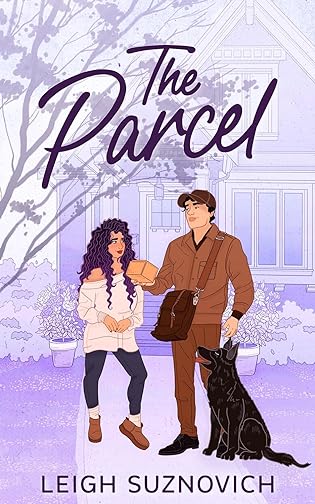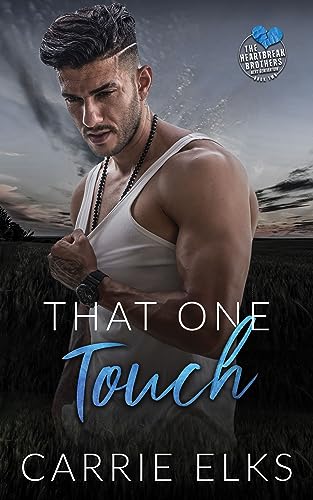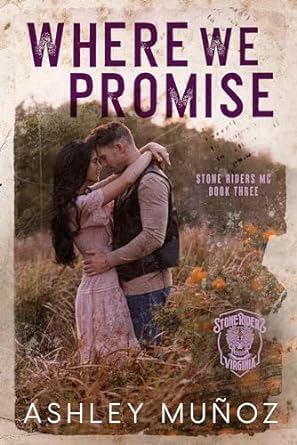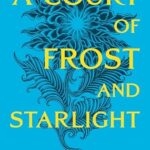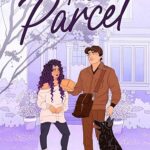Jun
excited to have author Weston Kincade on my blog. Weston Kincade is the author
of the A Life of Death Trilogy that I can’t wait to read and that got some raving reviews!! And today Weston
is telling us all about the process of writing a book!
Maureen! *Waves from across the pond*
having me here. Congrats again on your wedding and honeymoon. Sounds like you
had a grand time.
everyone else doing? I hope well. Maureen and I were talking a bit about how to
let people know about my latest trilogy release, A Life of Death, when we came up with the idea
for a guest post, quite accidentally actually. (That’s what happens when you
answer emails before having your morning coffee.) But she mentioned that the
writing process in general might be of interest to her readers.
this guy to talk about the writing process?” you might be asking.
a dark fantasy/horror author with 6 books under my belt so far, as of May 31st,
and I’ve taught writing for the last 11 years. I also ran a boutique editing
agency for 5 years until I finally decided I couldn’t divide my time up that
much. However, the experience of editing nearly 100 books for other authors is
one I would never trade.
is the writing process?
writing process is a detailed set of steps to follow in order to find success
in your writing. The different steps vary from author to author. Some things
are routine for everyone and others are more like preferences. For instance,
some authors like myself often find we are the most productive writing our
rough drafts on paper, mainly journals or notebooks. Others prefer to simply
sit down at a computer and write. Suffice to say, the writing process I’m
discussing here is the best way I’ve found to write a novel, from start to
finish.
Process Breakdown
process can be broken into 6 different steps:
-
Idea
-
Brainstorming
-
Writing
-
Revisions
-
Feedback and Beta Readers
-
Editing
Start of an Idea…
have ever considered writing a book, it’s likely because you already have an
idea in mind. This could have come from anywhere, a niche in the market that
needs filled, a fantasy concept from a real depiction of events you heard about
on NPR, a decrepit, mange-ridden fox you spotted on a camping trip… really
anywhere. But where do you go from there?
you have to get your idea down on the page. Often these moments of inspiration
come at the most inopportune times. I use the Evernote app on my phone for just these
occasions. The first plus is that it’s free. Second, and more importantly, you
can dictate to it and it will convert your idea to text. Then you can save it
for later in the cloud. I have numerous ideas in my account, some that have
become stories, some that will later, and others that may never see the light
of an ereader. However, I won’t forget them.
Brainstorming…
time to flesh that idea out. If you have a story playing through your head
already, just sit down and start writing. Some people can do this. Don’t worry
about organization, chapters, or anything. You are writing story notes. Just
get your ideas onto the page. It may not even be narrative. You can always
brainstorm using a bulleted list or web. However, if you need help, that’s
where a friend can step in.
know who always wanted to write a novel recently had the inspiring idea he had
been waiting for. It called to him to write it, but he didn’t know how to
begin. He contacted me on Facebook messenger with the dilemma.
started asking him questions, he answered, and I asked another. The process
began slowly. He tried arguing and saying, “I don’t plan on using…” I stopped
him and just repeated the question. It didn’t matter if it didn’t make it in
the book. At least 10% of any rough draft will normally be cut by an editor
before it reaches readers’ hands. You just need the ideas to flow. One will
lead to the next, and the next, and the next. From there it sped up until it
became what I call “Brainstorming on Crack with Weston Kincade”.
weren’t doing drugs, but it felt a little like that. The questions were flowing
one after the other in rapid succession faster than a shotgun wedding with a
Speed-infused priest. As soon as he got his answer typed, another question
prompted him for more: What’s it about? Who’s the main character? What’s her
motivation? Why does she care? How is she unaffected? Where’s she from? Who or
what does she care about? Why wouldn’t she run? What started it all? And on and
on. The story was flowing, ideas were coming (some crazy that would be changed
later) but they were coming. Within an hour he had the entire book outlined
Q&A style.
what you need, an outline of the entire story. It will guide your writing, and
it can always be flexed and changed, but it will keep you on track.
Writing… Writing… Writing…
 From there
From thereyou need to find a place to write. Whether on a computer or in a notebook, find
a place with limited distractions that you can simply use to write. Your outline
will be a guide. You just need to get your rough draft out on the page. Your
characters need to be realistic, faults and all, and you need to lead up to
your eventual climax by increasing the anticipation for the reader and ending
by tieing up loose ends (at least most if this is one of a series). Most
importantly though, you just need to write.
people will try and get an entire novel completed in one month, November. It’s
known as the National Novel Writing Month, or NANOWRIMO. It’s always good to have goals, but
it’s okay if you don’t make it. I never have. However, having so many people
strive to do the same thing can be inspiring and help you get an enormous
portion of your book written.
Revisions and Corrections…
have the book written, type it up. Read it over. I recommend reading sections
you might be uncertain about aloud. This will help your mind recognize awkward
sentences that might need reworded. With my first novel, I wound up going
through the rough draft and revising it 11 times, and that was after I had
spell-checked it. Now, with 6 books under my belt and having edited nearly 100
for other people, I can generally go through a rough draft once before moving
on to step 5. You will become more adept over time. However, I recommend at
least making 2 to 3 revision passes to start. Then spell-check it again because
anything new you added will have errors.
Feedback from Beta Readers…
or not, your book still isn’t ready, not for the public at least. However, you
can get feedback from other authors and avid readers. You need to find people
who can be critical and aren’t afraid of hurting your feelings. You want people
who will be just like the readers of the world who want a good book and are
willing to dump on a book that doesn’t meet their standards. Back when I
started, there was Authonomy. It was a good place to network with other writers
and get feedback. I am still friends with a variety of people from those days.
Now Wattpad and
Scribd
seem to serve the same purpose. Take large recommended changes with a grain of
salt. Wait till you get multiple people saying the same thing. At that point
you know they’re probably right.
grammar and publishing expectations in the fiction industry, I suggest two
things: 1, use Merriam-Webster Dictionary to check spelling,
and 2, get a subscription to the Chicago Manual of Style (CMOS). Use them
anytime you have a question, because these two books are the bibles of fiction
publishing.
Everyone Needs an Editor…
everyone needs an editor. Ever written something and only after rereading it
aloud or someone commented on it did you notice that there were words missing
or misspelled? Our eyes read what they think we wrote. This is why I recommend
reading things aloud. It will help, but everyone needs a fresh set of
knowledgeable eyes to look over what we have written.
hiring an editor will cost money. How much is up to you, but there are two
things to remember: 1, with an editor you often get what you pay for, and 2,
you don’t get a second chance to make a first impression with a reader. Put out
a book without having it edited, and grammar nazis will eat you alive in the
reviews. Those same readers will also never again buy one of your books, and their
reviews will be like the plague. Potential readers will turn and head for the
hills, going for a Grisham, King, or other more well-known author. Your name is
your brand. Don’t jeopardize it before you get out of the starting gate. Save
up for a good editor. Find one at least a few people you know can recommend,
and then take the time to truly consider their advice and recommendations. When
you discover a great editor who knows what they are doing, someone you work
well with, keep them. Those relationships are incredibly difficult to find and
develop.
you have completed all 6 steps will your book be ready for submission to
publishers, agents, or the public if you are going the indie route.
having me, Maureen!
was so long, but this is actually the shortened version. To read more about my
writing adventures, get advice, or look into my books, follow me on my blog,
social media, or via email. I’m currently offering a free copy of my co-written
short story anthology Strange Circumstances to anyone who joins me via email in the writing adventure
I call life. Click to get your FREE copy and explore fate and fantasy.
About the ‘A Life of Death’ Series:
teen speaks for the dead…
Alex is a troubled teenager with a checkered past, a broken home, and a
surprising ability: psychometry. When he touches items murder victims held in
their final moments, he relives the events in gruesome detail. But who will
believe a troubled teen, especially when murders implicate the town’s founding
family?
Sacrifice. Terror. Panic. In a fear-filled town, will ghostly visions be enough
to stop a serial killer?
After fifteen years of ritual murder, Homicide Detective Alex Drummond must
save this year’s sacrificial lamb. But who is it? The serial killer’s anointed
date is only days away. An anonymous tip forces Alex and a high school friend
to Washington DC to prove the suspect’s guilt, but nothing is as it seems.
Unsolved murders abound like cobwebs under abandoned guest beds. Is Alex in
over his head?
ghostly visions can save lives. But can they stop a drug czar from disrupting
the peace and harmony of Tranquil Heights?
For Alex Drummond trouble doesn’t come knocking, it kicks down the door and
raids the refrigerator. War is brewing between moonshiners and a murderous drug
kingpin. Cremated human remains are appearing everywhere. And now Alex’s family
is in the middle of it all. To make matters worse, his son’s powers rival his
own… as does his stubborn nature. Choices will be made. Laws will be broken.
And morality will be questioned. Will Alex’s family survive the bloodshed?
About Weston Kincade:
 Weston Kincade writes fantasy, paranormal, and
Weston Kincade writes fantasy, paranormal, andhorror novels that stretch the boundaries of imagination, and often genres. His
current series include the A Life of Death trilogy and the Priors. Weston’s
short stories have been published in Alucard Press’ “50 Shades of
Slay,” Kevin J. Kennedy’s bestselling “Christmas Horror” and
“Easter Horror,” and other anthologies. He is a member of the Horror
Writers Association (HWA) and helps invest in future writers while teaching
English. In his spare time Weston enjoys spending time with his wife and Maine
Coon cat, Hermes, who talks so much he must speak for the Gods.
A Life of Death. To find out more about him
personally, follow Weston on social media: Website, Facebook, Twitter and Goodreads.
You might also like:

Maureen is a mom, wife, nurse, and Ravenclaw living in the Netherlands. She spends her days juggling mom-life, reading, blogging, planning date nights with her husband and working as a nurse. Maureen also is a big Anglophile, loves cooking, Gilmore Girls, Bridgerton and Harry Potter.. Always! Facebook | Instagram

